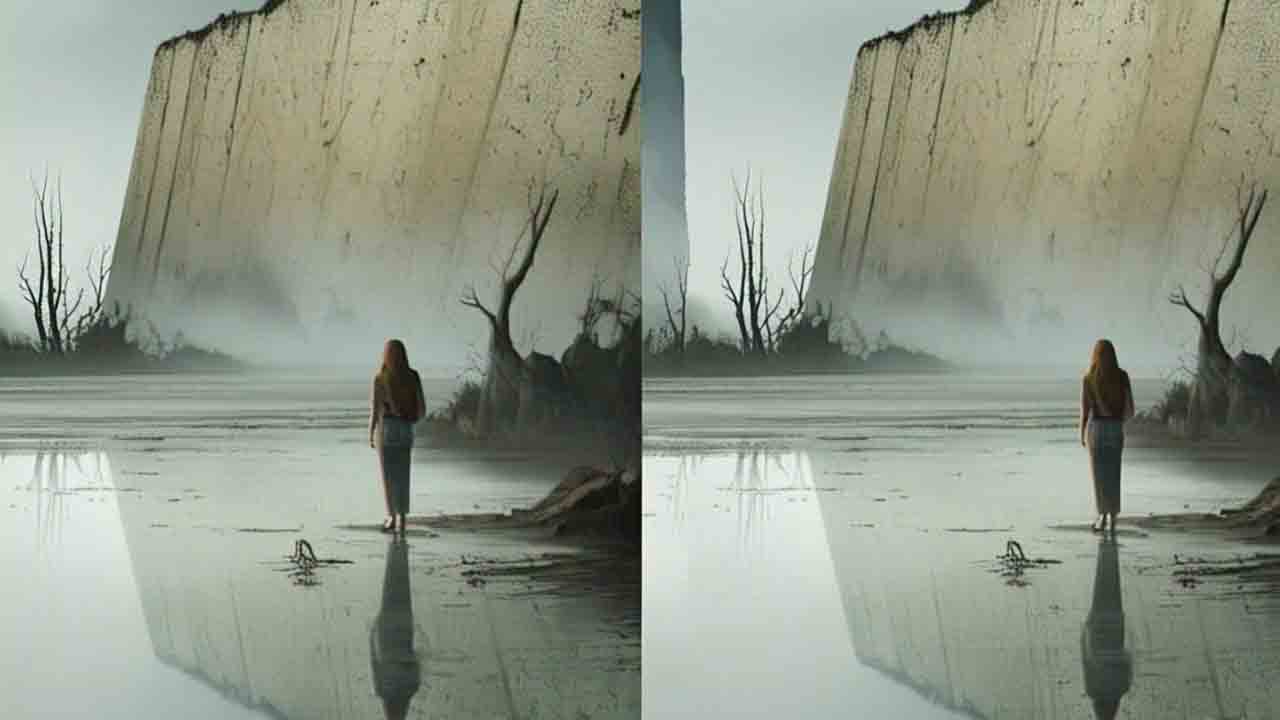
Cli-Fi: Imagining Our Climate Future Through Fiction
Pitchwars – Cli-Fi short for climate fiction, has become an increasingly influential genre, allowing authors to explore the pressing issues surrounding climate change through imaginative and thought-provoking storytelling. By blending elements of science fiction, dystopian futures, and environmental concerns, Cli-Fi offers a unique lens through which to consider the future of our planet. This genre has gained significant traction, especially as environmental concerns continue to dominate global discussions. Works like The Water Cure by Sophie Mackintosh and The Wall by John Lanchester illustrate how Cli-Fi is becoming a powerful tool for both reflecting and shaping public awareness about climate-related crises.
The Rise of Cli-Fi: Climate Change Takes Center Stage
Cli-Fi is more than just a literary trend it’s a response to a world grappling with the consequences of climate change. While traditional science fiction often explored futuristic technology or alien invasions, Cli-Fi focuses on the very real and immediate challenges humanity faces as a result of environmental degradation. From rising sea levels to devastating storms and ecological collapse, these stories bring climate change to the forefront of our imaginations.
What sets Cli-Fi apart from other genres is its emphasis on the human experience in the face of ecological disasters. Through these narratives, authors explore the moral, social, and political dimensions of climate change, prompting readers to reflect on how their actions today might influence the world of tomorrow. The genre’s increasing popularity signals a growing public interest in understanding the environmental issues we face and how they might be addressed in the near future.
“The Climate Emergency: Disasters Strike Worldwide”
Exploring Climate Dystopias: The Impact of Environmental Collapse
Many Cli-Fi novels, such as The Water Cure and The Wall. Take place in dystopian futures where the effects of climate change have drastically reshaped the world. In these narratives, environmental destruction has not only altered the physical landscape but also transformed societal structures. Whether it’s through rising waters that have swallowed coastal cities or a climate-induced political crisis. These novels depict a world where survival is a daily struggle.
The Water Cure explores a society where an environmental catastrophe has left the world in a state of constant crisis. The story delves into the psychological toll of living in such a world. As well as the societal breakdown that follows ecological disaster. Meanwhile, The Wall by John Lanchester examines the concept of a divided society. Where the privileged live in protected areas while the less fortunate are left to deal with the consequences of environmental collapse. These works are not just speculative fiction they serve as stark reminders of the risks we face if climate change continues unchecked.
Cli-Fi’s Role in Raising Awareness and Inspiring Change
While Cli-Fi often paints a grim picture of the future, it also serves as a catalyst for reflection and action. By presenting possible outcomes of environmental neglect. These stories challenge readers to consider the world they are creating through their own choices. Cli-Fi allows for an emotional connection to the issues at hand. Making the abstract and often overwhelming topic of climate change more personal and tangible.
As the genre continues to grow, Cli-Fi has the potential to influence not only public discourse but also real-world change. These narratives provide a platform for discussing complex environmental issues in a more accessible and engaging way. Encouraging readers to take action whether through sustainable living or advocating for stronger environmental policies. In doing so, Cli-Fi becomes more than just fiction. It becomes a tool for raising awareness and inspiring change in the fight against climate change.
Cli-Fi is a powerful genre that allows readers to engage. With the realities of climate change in a way that is both imaginative and meaningful. By using the lens of fiction, authors are able to tackle the most pressing environmental issues of our time. Urging both reflection and action. As the world continues to confront the effects of climate change. The growing popularity of Cli-Fi proves that literature can be a vital tool in shaping our understanding and response to the climate crisis.